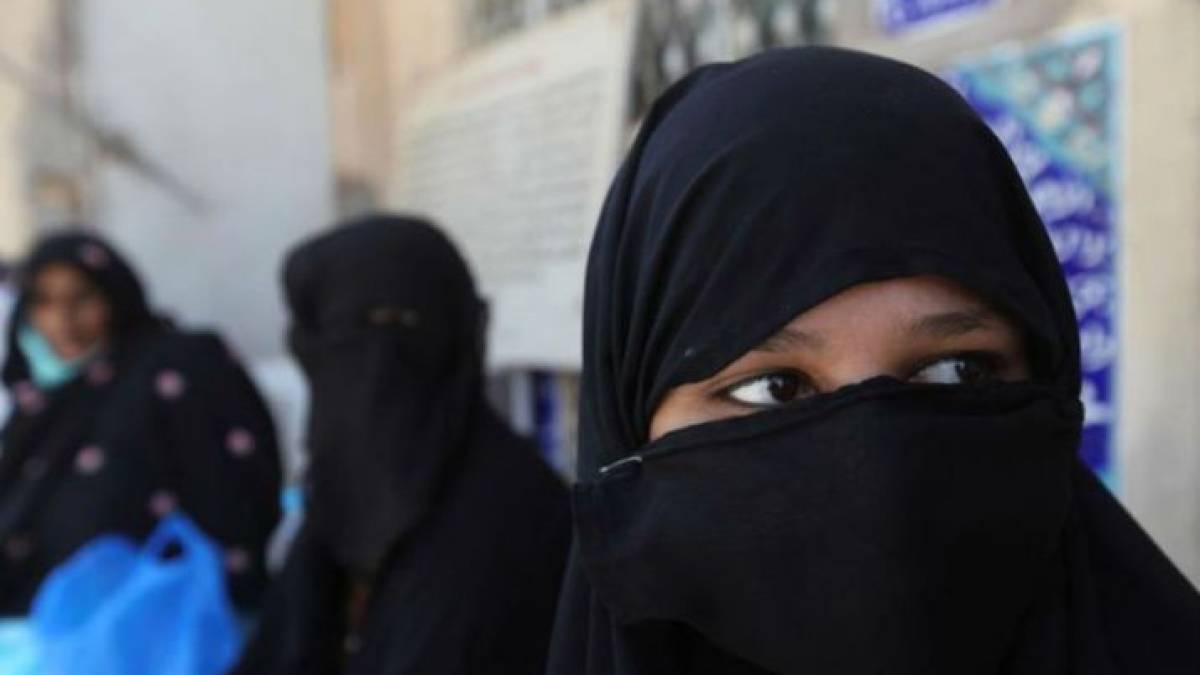
Sri Lanka to ban burqa, shut more than a thousand madrassas
Sri Lanka will ban the burqa on “national security grounds”, a government minister said on Saturday. At a press conference in Colombo, Minister for Public Security Sarath Weerasekera said the government will also close more than a thousand madrassas that he said were flouting national education policy

Sri Lanka will ban the burqa on “national security grounds”, a government minister said on Saturday. At a press conference in Colombo, Minister for Public Security Sarath Weerasekera said the government will also close more than a thousand madrassas that he said were flouting national education policy.
Weerasekera told media that he had signed a paper to this effect on Friday for cabinet approval.
“In our early days Muslim women and girls never wore the burqa,” Reuters news agency quoted him as saying. “It is a sign of religious extremism that came about recently. We are definitely going to ban it.”
“Nobody can open a school and teach whatever you want to the children,” he said referring to Islamic schools in the country.
Sri Lanka had temporarily banned face coverings in public following a spate of suicide attacks on Easter Sunday in 2019, which left at least 250 people dead. Later that year, Gotabaya Rajapaksa, best known for crushing the LTTE insurgency as defence secretary, was elected president after promising a crackdown on extremism.
Also read: India losing control over its sphere of influence in South Asia
Last year the government issued an order mandating the cremation of COVID-19 victims – against the wishes of Muslims. That order was lifted earlier this year after criticism from the US and international rights groups.
Sri Lanka has a sizeable and centuries-old Muslim population. Of the country’s 21-million population, 9.7 per cent follow the Islamic faith.
Only a small number of women in the country are thought to wear the niqab or the burqa.
Several countries, including France, Belgium and Denmark, have permanently banned full-face veils in public places.
Chad, Gabon and the Republic of Congo in Africa also have restrictions in place, according to the BBC.

